 By Andrew C.
| September 10, 2024 in Irish History
By Andrew C.
| September 10, 2024 in Irish History
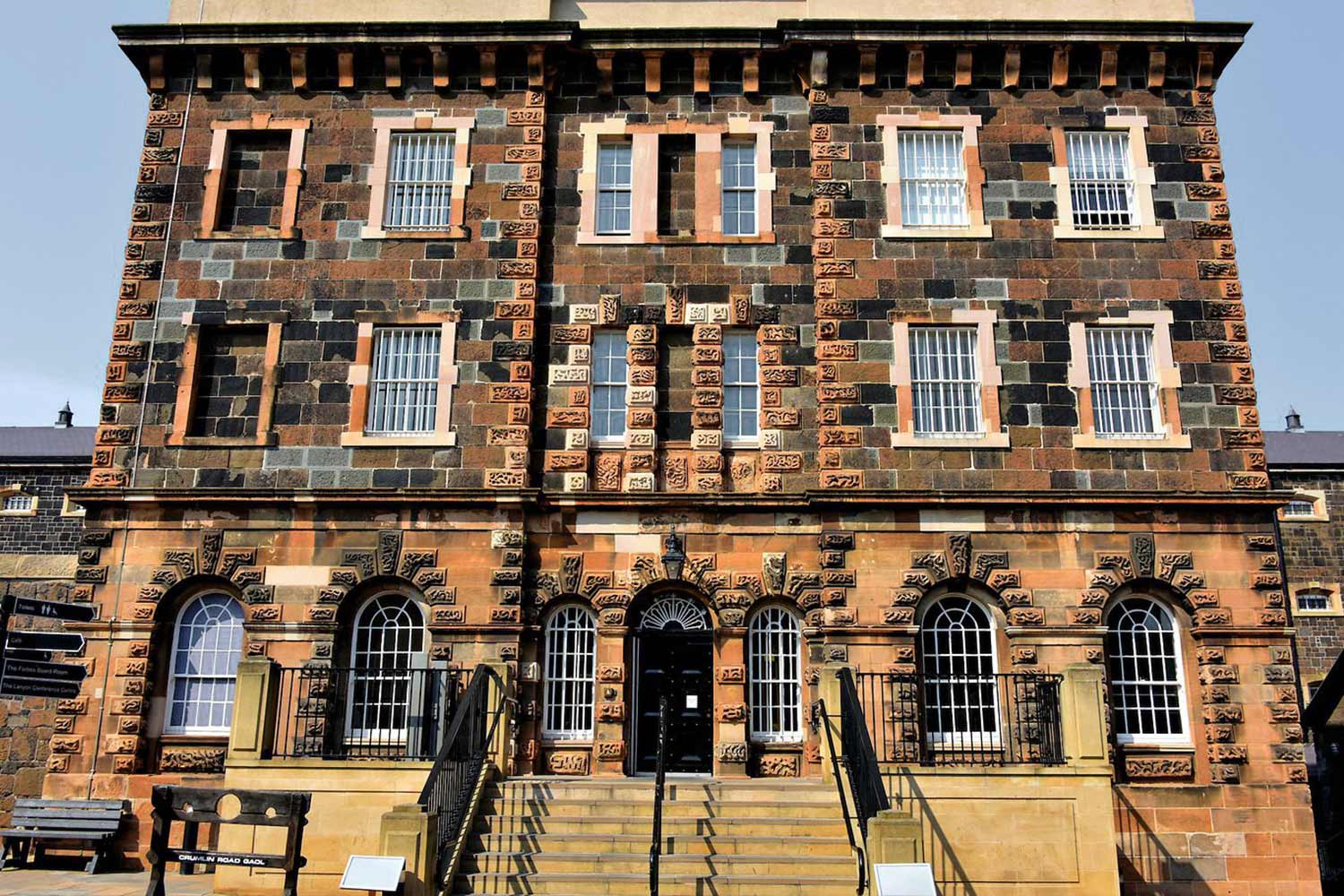
Crumlin Road Gaol in Belfast, Northern Ireland, stands as a monumental symbol of the region's turbulent history. Opened in 1845, this Victorian-era prison operated for over 150 years before closing its doors in 1996. Throughout its operational years, Crumlin Road Gaol was more than just a place of incarceration; it bore witness to significant historical events, including the imprisonment of political figures from the Irish War of Independence and The Troubles. Designed according to Victorian penal principles, the prison aimed to enforce discipline and isolation, reflecting the harshness of the times.
Over its 150-year history, the Gaol housed over 25,000 prisoners, many of whom endured overcrowded and outdated conditions. The prison was finally shut down as part of a broader initiative to modernize the prison system. After its closure, Crumlin Road Gaol fell into disrepair, but its historical significance led to preservation efforts, transforming it into a heritage site that continues to educate and remind visitors of its storied past.
Páraic the Paddy Pal, the mischievous Irish Teddy Bear, found himself on the wrong side of the law one too many times and ended up at Crumlin Road Gaol in a Police Land Rover! But don't fret-Páraic quickly showed his good side and earned early release... to the Gaol's gift shop! Now, he's awaiting a kind-hearted visitor to pay his bail. Stop by, make a small payment, and take Páraic home for good. Fortunately for him, it's 2024, not 1845!

Upon arrival at Crumlin Road Gaol, prisoners were taken to the processing block where they were stripped of their personal belongings, searched, and registered. This was the beginning of a dehumanizing prison experience designed to strip inmates of their individuality. Each prisoner was assigned a number, underwent a health check, and had their personal details recorded. In certain historical periods, this process included having their heads shaved and being issued the standard prison clothing of the time. These measures were part of a penal philosophy aimed at enforcing conformity and breaking the spirit of the prisoners.
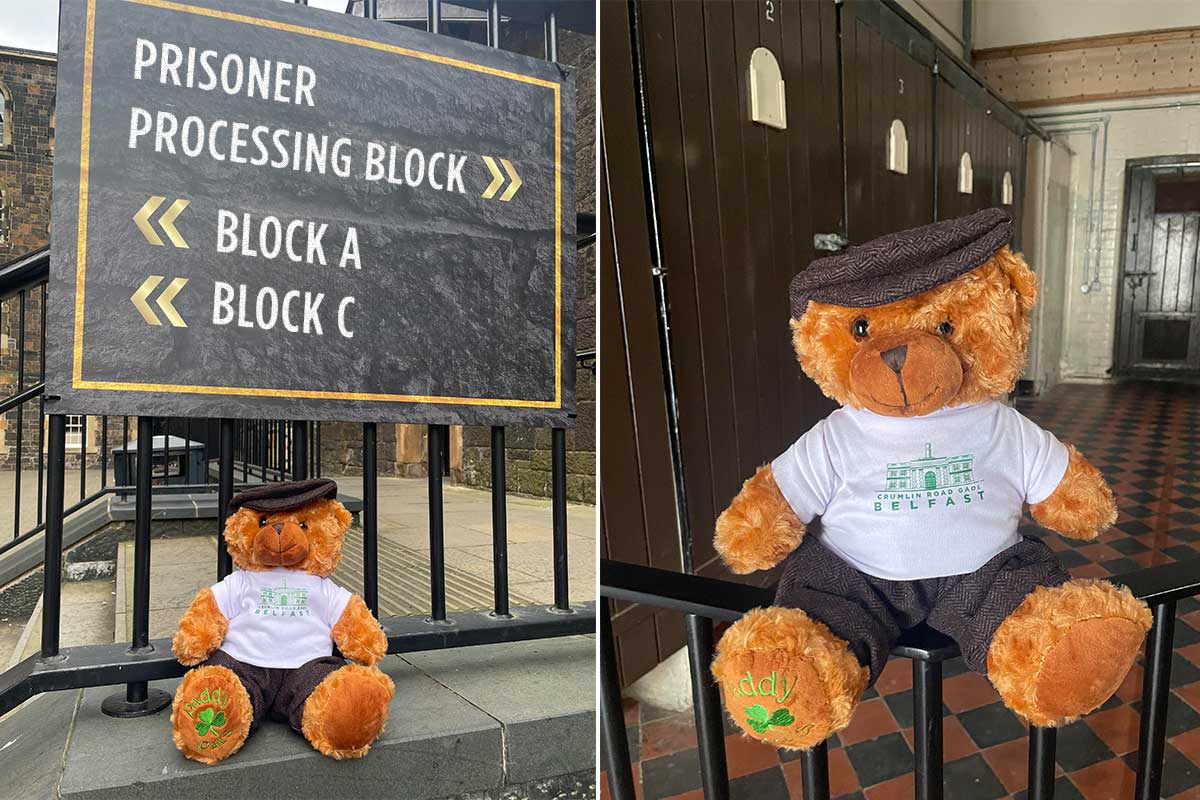
Crumlin Road Gaol was notorious for its severe conditions. It housed men, women, and even children in separate wings. Over its history, it was the site of 17 executions, the last of which occurred in 1961. Executions were carried out within the prison's confines, adding to its grim reputation. During the Victorian period (1845 to the early 20th century), the prison regime was characterized by hard labour, strict discipline, and harsh punishments for infractions. Inmates were often subjected to unproductive tasks like turning the "crank" or stepping on the "treadwheel" for hours. Another form of punishment was the stocks, where prisoners were secured by their head and wrists and sometimes flogged for minor offenses.
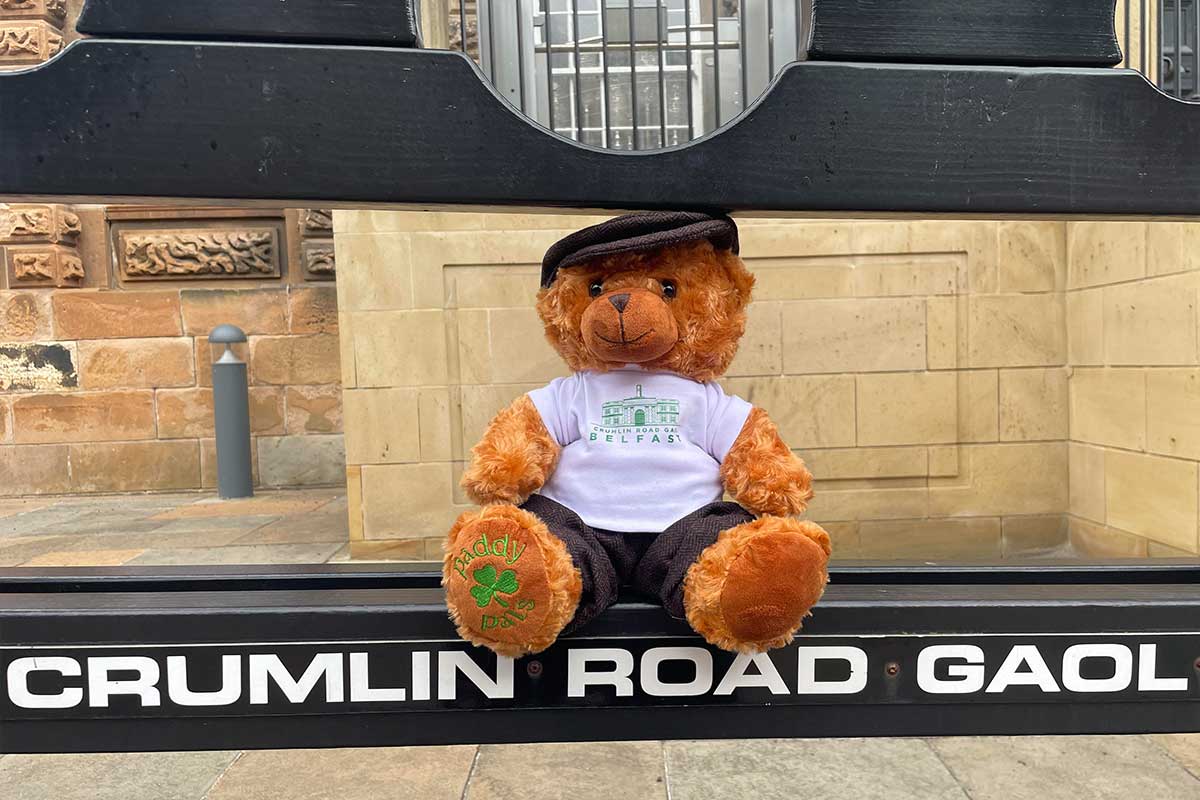
Crumlin Road Gaol was constructed with the "Separate System" ideology in mind, a Victorian approach to penal reform that aimed to isolate prisoners to encourage personal reflection and repentance. The cells were small, cold, and poorly lit, furnished with only a bed, a small table, and a wash basin. Prisoners spent most of their time in these solitary cells, with limited opportunities for exercise in small yards. Even during exercise, they were often kept alone or required to wear masks to prevent recognition. The stark conditions were designed to reinforce isolation and control.
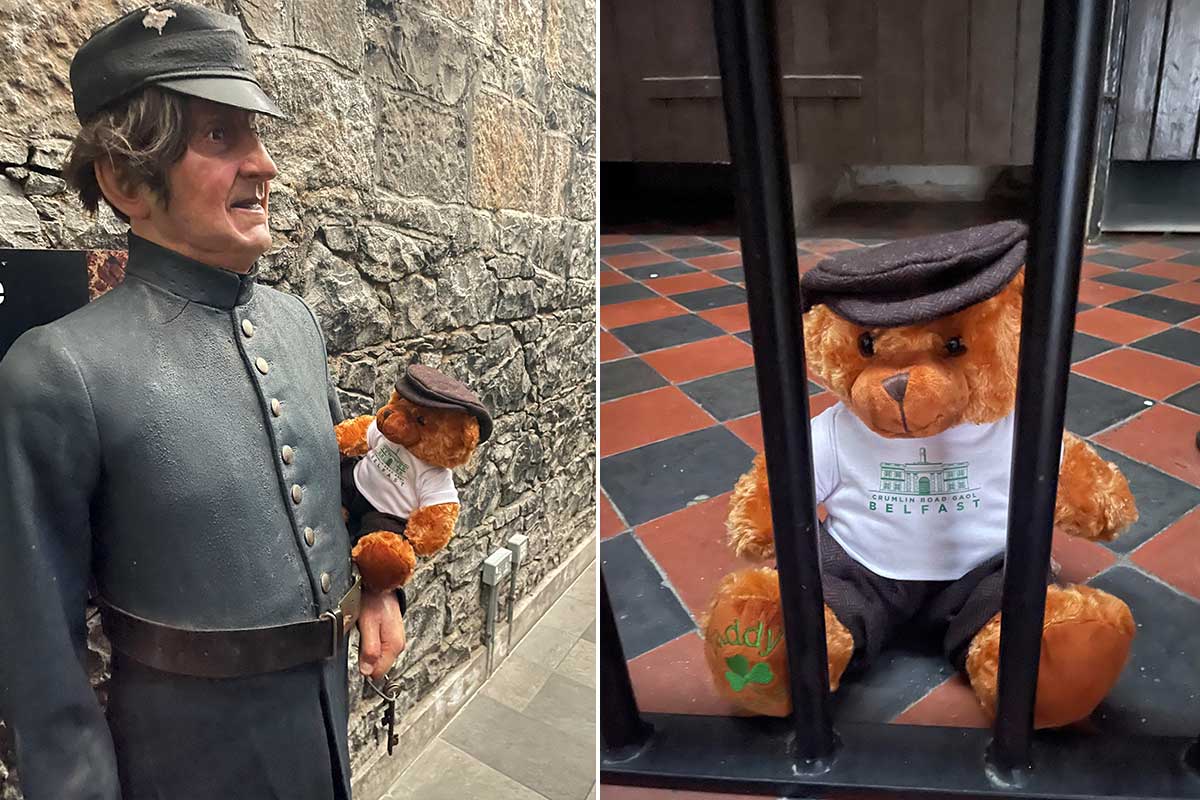
Today, Crumlin Road Gaol operates as a museum and a venue for various events. Visitors can take guided tours that explore the prisoner processing block, cell wings, execution chamber, and even the underground tunnel that once connected the prison to the courthouse. The Gaol stands as a stark reminder of Belfast's troubled past, offering a poignant insight into the harsh realities of prison life and the broader social and political context of the time.
Crumlin Road Gaol's history, from its opening in 1845 to its closure in 1996, provides a compelling window into the evolution of the penal system in Northern Ireland. It remains a powerful symbol of the past, preserved for education, reflection, and remembrance.
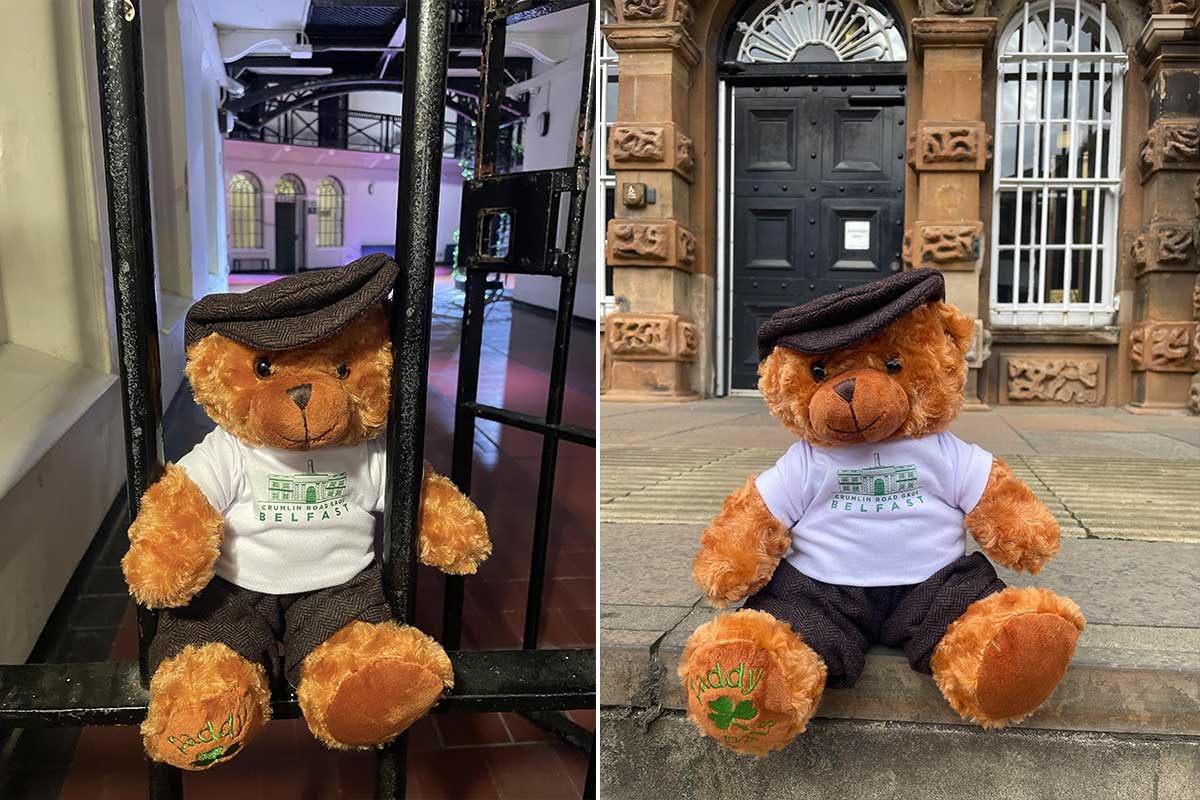
Whether you're drawn by the history, the architecture, or the stories of those who were imprisoned here, Crumlin Road Gaol offers an unforgettable experience. And don't forget to visit the gift shop on your way out - where Páraic the Paddy Pal waits patiently for someone to spring him from his light-hearted "imprisonment"!
For more information and to plan your visit, check out: https://www.crumlinroadgaol.com